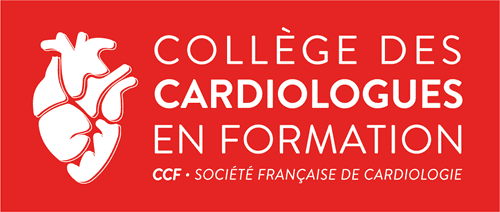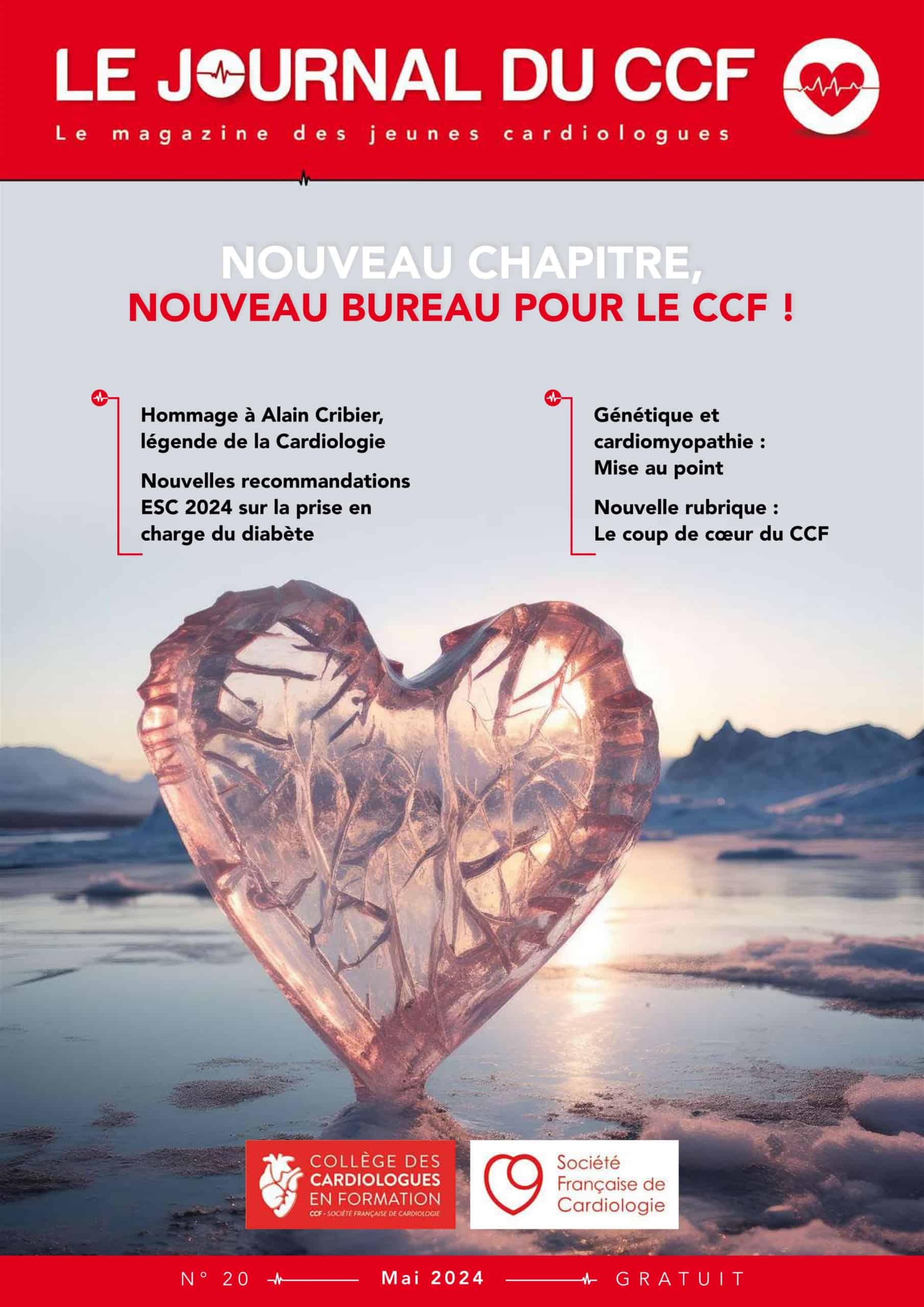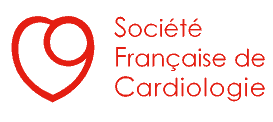Suivez nous sur les réseaux sociaux
Cet outil a vocation à informer, diffuser l’information auprès des jeunes cardiologues (internes, assistants, chefs de cliniques, jeunes praticiens, etc.), et faciliter les échanges.
Voici un aperçu rapide des sujets abordés dans cette publication :
Toutes nos publications
Une question ?
Publications
Machine learning model to predict in-hospital cardiac events after acute coronary syndrome: Results from ADDICT-ICCU study
Voici un aperçu rapide des sujets abordés dans cette publication :
Machine learning model to predict in-hospital cardiac events after acute coronary syndrome: Results from ADDICT-ICCU study
E. Gall, J. G. Dillinger, K. Hamzi, M. Elbaz, E. Gerbaud, N. El Beze, A. Lequipar, S. Toupin, F. Picard, A. Trimaille, M. Goralski, M. Bedossa, A. Boccara, T. Pezel, P. Henry, for the ADDICT-ICCU Investigators
European Heart Journal, Volume 44, Issue Supplement 2, 9 November 2023, ehad655.1406
DOI: 10.1093/eurheartj/ehad655.1406
Abstract
Background
Acute coronary syndrome (ACS) remains a major cause of mortality worldwide. However, the accuracy of current prediction tools for in-hospital cardiac events after an ACS remains insufficient for individualized patient management strategies.
Purpose
To assess in patients with ACS the feasibility and accuracy of machine learning (ML)-based model using all data available at admission to predict in-hospital cardiac events.
Methods
We conducted a sub-study of ADDICT-ICCU registry, an observational prospective study including all consecutive patients admitted to intensive cardiac care unit (ICCU) in 39 centres throughout France between 7 and 22 April 2021. We evaluated 16 clinical, 4 biological and 6 transthoracic echocardiogram (TTE) features. ML involved automated feature selection with model building by random forest (RF), and then hyperparameter tuning was done by repeated cross-validation. The primary outcome was the occurrence of composite outcomes defined by death, resuscitated cardiac arrest or cardiogenic shock requiring medical and/or mechanical haemodynamic support.
Results
Of 1,499 consecutive patients, 765 (mean age 63±15 years, 70% male) were admitted for ACS. The overall in-hospital cardiac events rate for ACS patients was 4.0 %. Feature selection was performed using RF with the log-rank–based variable importance, and 6 of the available features at admission were selected for the RF model (1 clinical, 1 biological, and 4 from TTE) including mean blood pressure, renal function, cardiac output, filling pressures, tricuspid annular plane systolic excursion and pulmonary arterial systolic pressure. The ML model exhibited a higher area under the curve compared with TIMI score, GRACE score, and traditional stepwise model score for prediction of in-hospital cardiac events (ML score: 0.96 vs TIMI: 0.54, GRACE: 0.68, traditional stepwise score: 0.87; all P < 0.001).
Conclusions
The ML-model exhibited a higher prognostic value to predict in-hospital cardiac events compared with all traditional scores.


